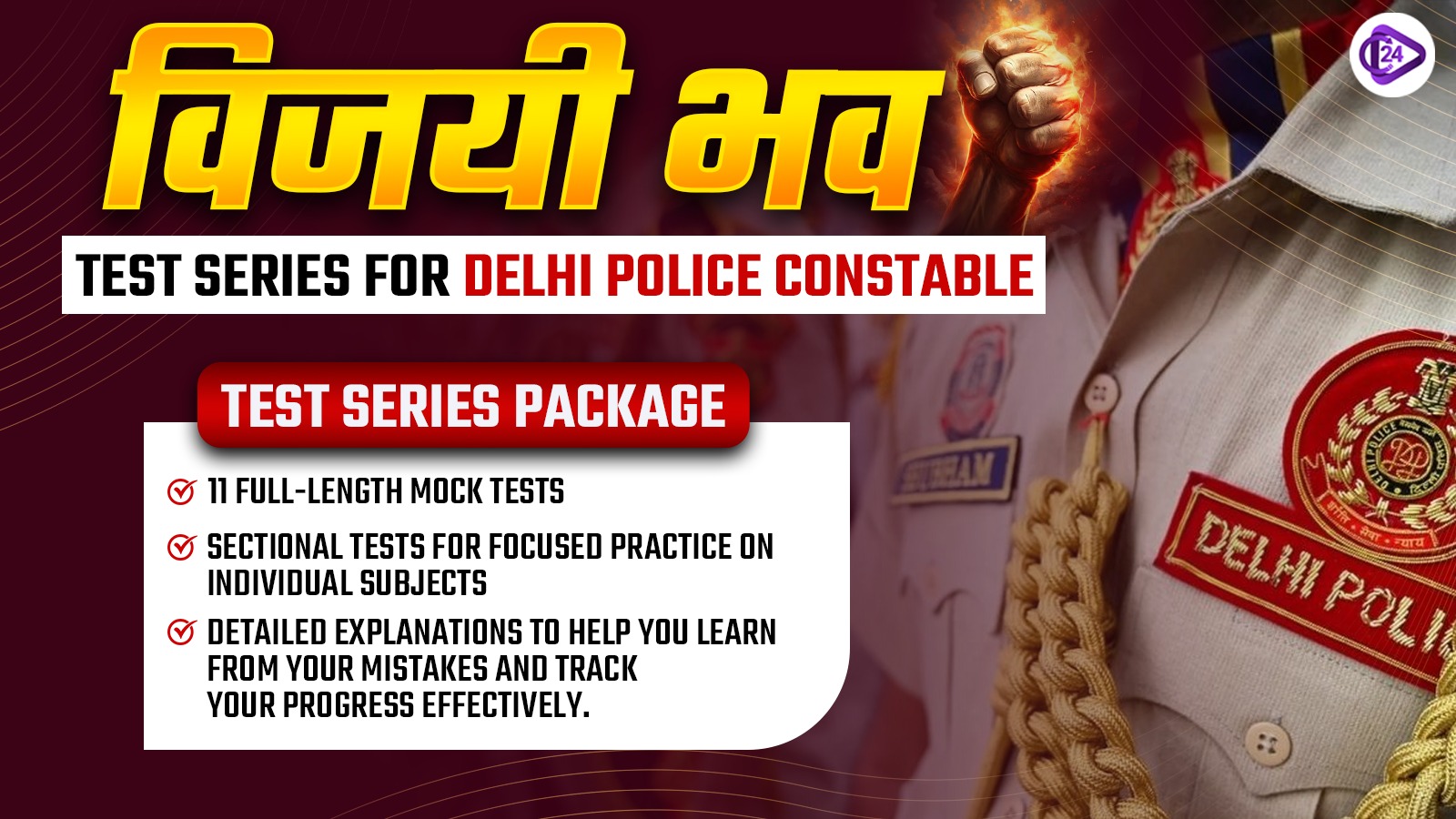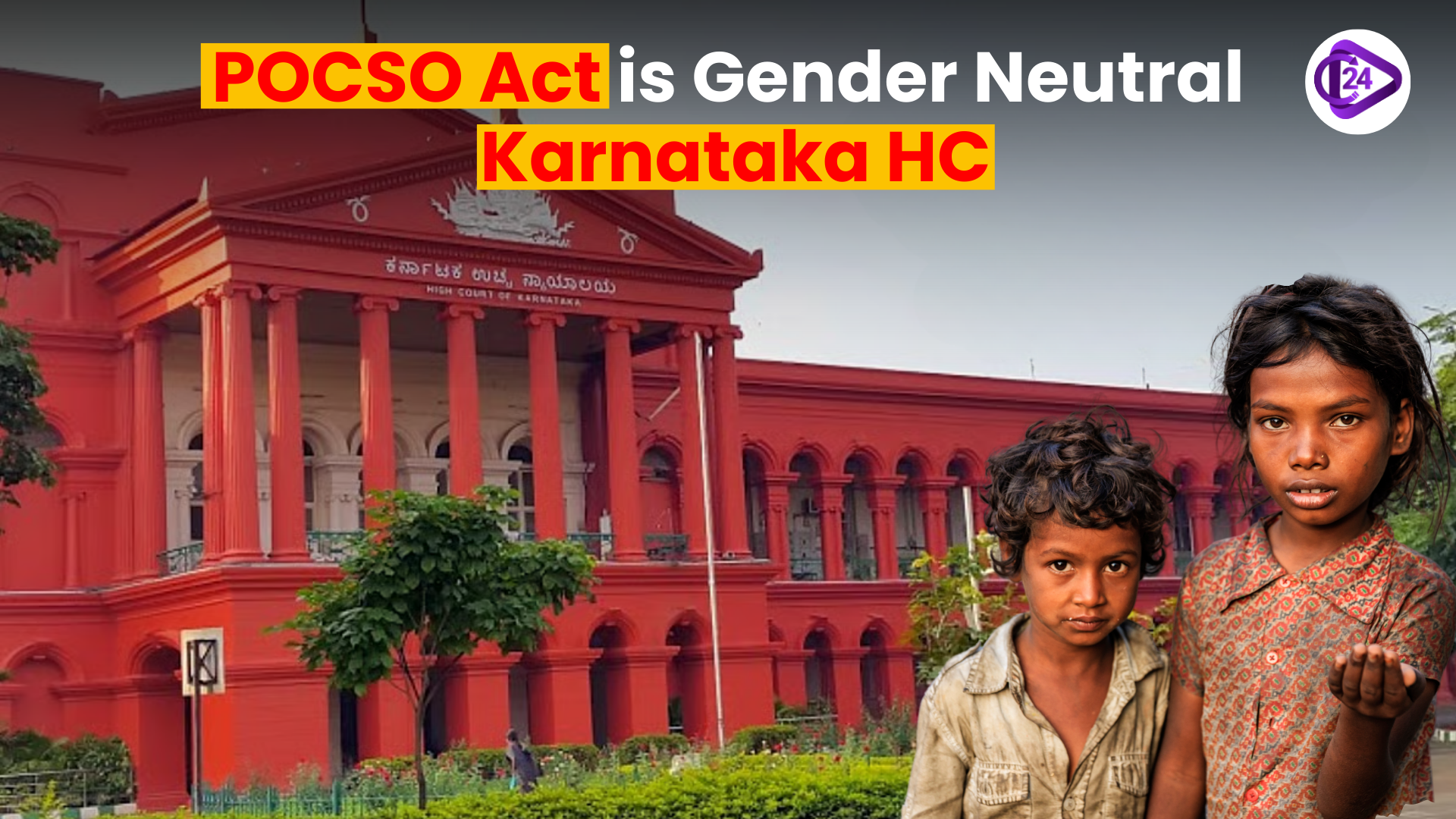
In the case of the Karnataka High Court it was observed that the Protection of Children Against Sexual Offences (POCSO) Act, 2012 is not gender-specific and women may also be charged under this law. This case involved a woman, aged 52 who was accused of sexually assaulting a boy of 13 years in 2020. Based on this, the accused contended that females cannot be convicted of penetrative assault under POCSO, which was disapproved by the court as an outmoded idea. Section 4 and Section 6 of POCSO refers to any person who compels a child to be involved in a sexual activity and this is clarified by the judgment. It is a further validation of the broadness of POCSO and its orientation to children regardless of gender.
Context
-
Legal Ambiguity Legal gray areas - Historically, the perception of sexual assault law in India was male-centered perpetration by a female victim.
-
Design of POCSO- The Act clearly specifies a child to include any person under the age of 18 but gender has not been limited to offenders.
-
Trial of Evolution- The HC judgment is a break on stereotypes that sexual violence can never be perpetrated by women.
Key Points
The Case
-
Suspect: female aged 52.
-
Victim: a boy aged 13.
-
Charge: Forced him to have sexual intercourse in 2020.
-
Defense Reason: A woman cannot get charged with penetrative assault.
-
HC Verdict: Declined the plea, considered POCSO gender neutral and declined quashing proceedings.
Court’s Observations
-
Section 4 & 6 of POCSO clearly lays this out as follows: Anyone who forces or abducts a child into sexual activity is the offender.
-
The idea of a woman being a passive partner in the intercourse is out-of-date.
-
POCSO is child protective and not gender-based on the perpetrator.
On POCSO Act (2012)
-
First specific child-protection legislation against sexual abuse.
-
Gender-neutral: common to boys and girls.
-
Creates Special Courts where trials should be made quickly.
-
Amendment in the year 2019: Increased penalties of aggravated offences.
Key Provisions:
-
No timeframe to report abuse.
-
Mandatory reporting (not reporting is punishable).
-
The name of the victim should not be disclosed.
Concerns & Challenges
-
Increase in child sexual abuse such as online exploitation after COVID.
-
Criminalisation of consensual sex among adolescents Adolescent consensual sex- flagged by Justices DY Chandrachud as an area that needs legislative review.
-
Failure to raise awareness in children, parents and institutions.
Conclusion
The Karnataka HC decision reasserts that POCSO is gender-independent and holds that the offender of the law is sentenced with equal responsibility irrespective of the sex of the offender. It enhances child protection, by dropping gendered stereotypes within the law. Nonetheless, there is a need of larger reform with respect to striking a balance between preventing child abuse and the fear of adolescent-adolescent relationships.



 PM Modi to Inaugurate India’s First Digital Tribal Freedom Fighters Museum in Naya Raipur
PM Modi to Inaugurate India’s First Digital Tribal Freedom Fighters Museum in Naya Raipur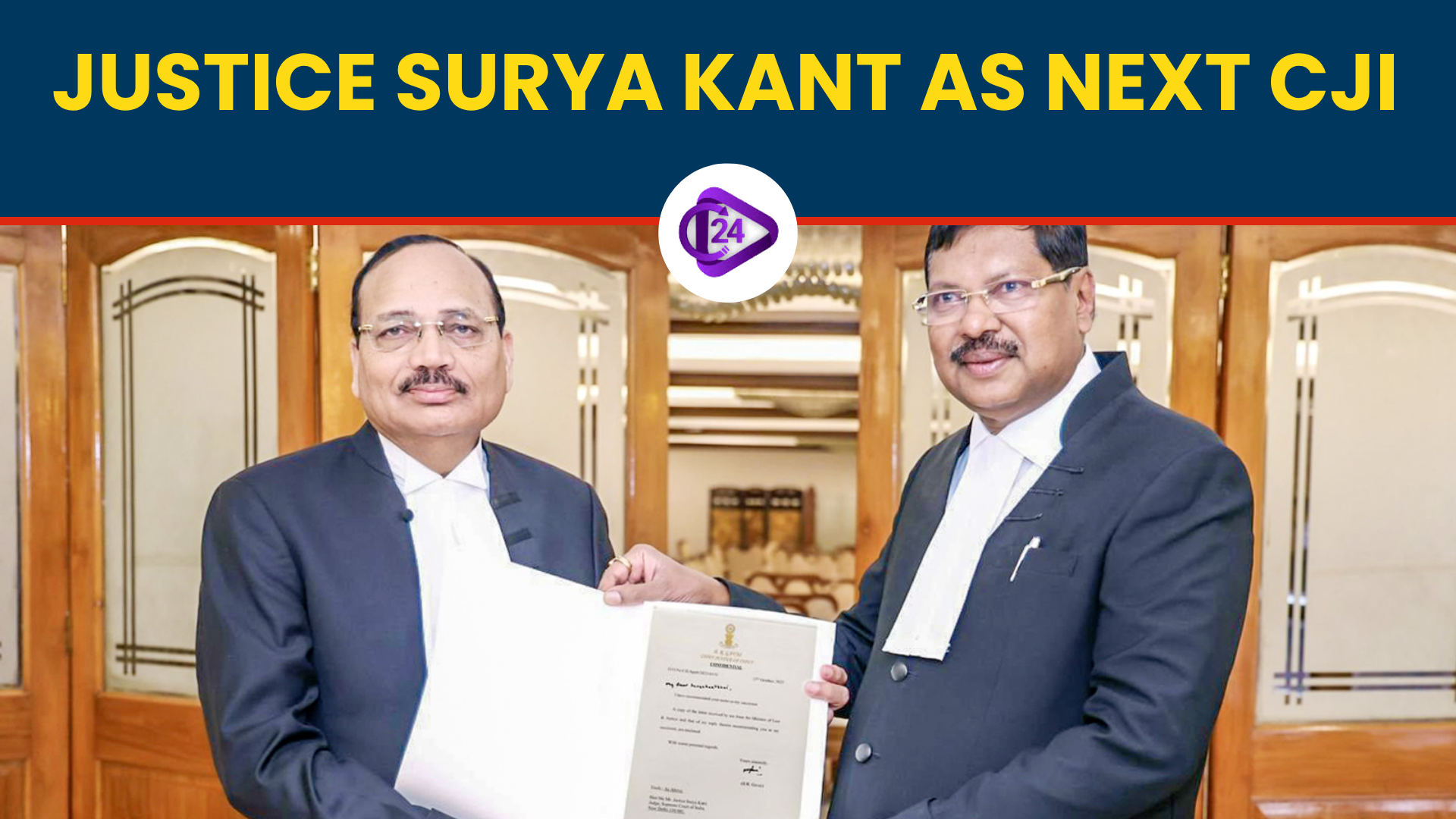 President Appoints Justice Surya Kant as the 53rd Chief Justice of India
President Appoints Justice Surya Kant as the 53rd Chief Justice of India 150th Birth Anniversary of Sardar Vallabhbhai Patel: India Celebrates National Unity Day 2025
150th Birth Anniversary of Sardar Vallabhbhai Patel: India Celebrates National Unity Day 2025 Ministry of Coal Launches Koyla Shakti Smart Analytics Dashboard
Ministry of Coal Launches Koyla Shakti Smart Analytics Dashboard Droupadi Murmu Becomes First Indian President to Fly in Rafale
Droupadi Murmu Becomes First Indian President to Fly in Rafale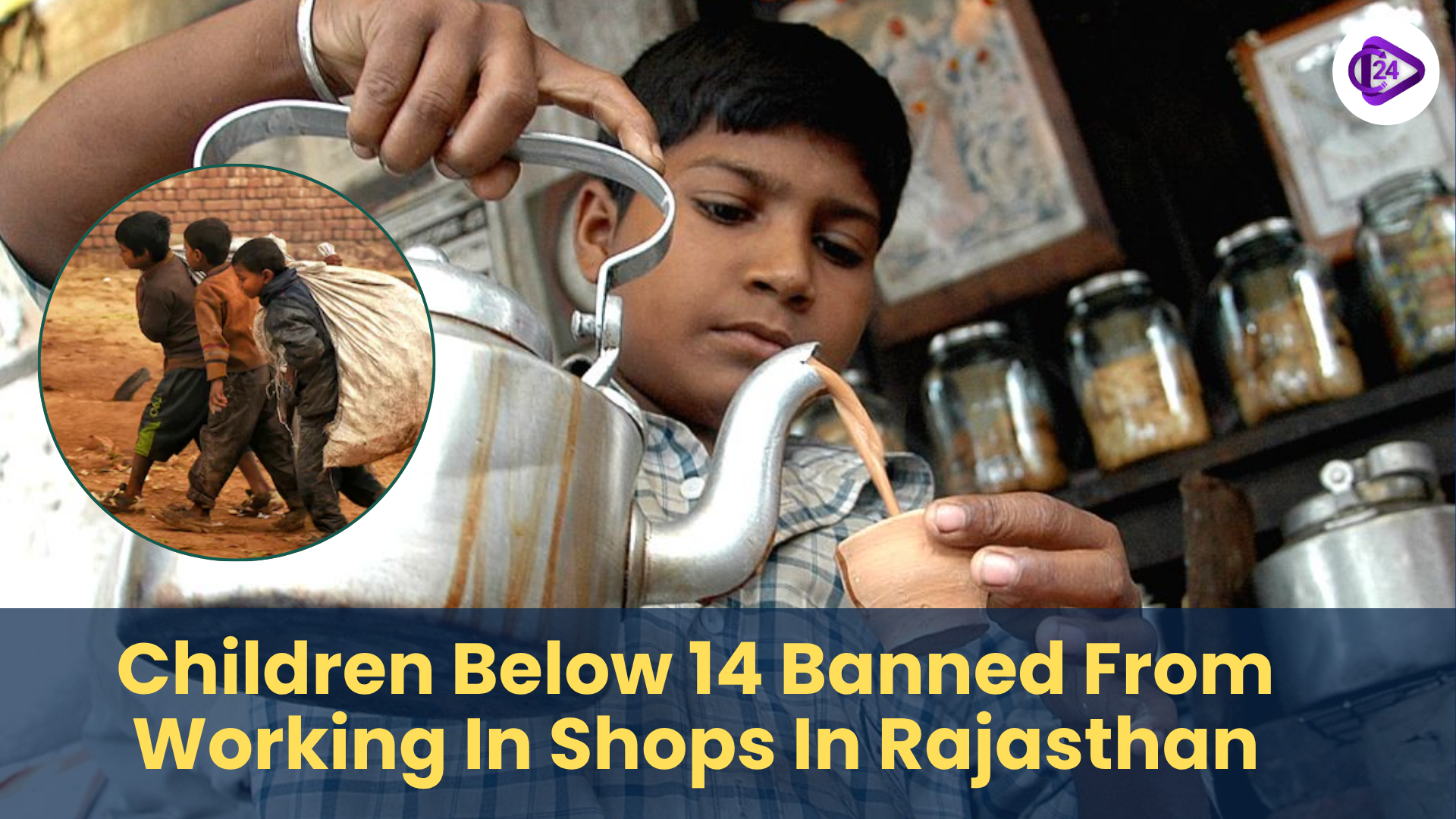 Rajasthan Bans Employment of Children Below 14 in Shops and Commercial Establishments
Rajasthan Bans Employment of Children Below 14 in Shops and Commercial Establishments India's First Glass Suspension Bridge, Bajrang Setu, Will Redefine Rishikesh Tourism by 2025
India's First Glass Suspension Bridge, Bajrang Setu, Will Redefine Rishikesh Tourism by 2025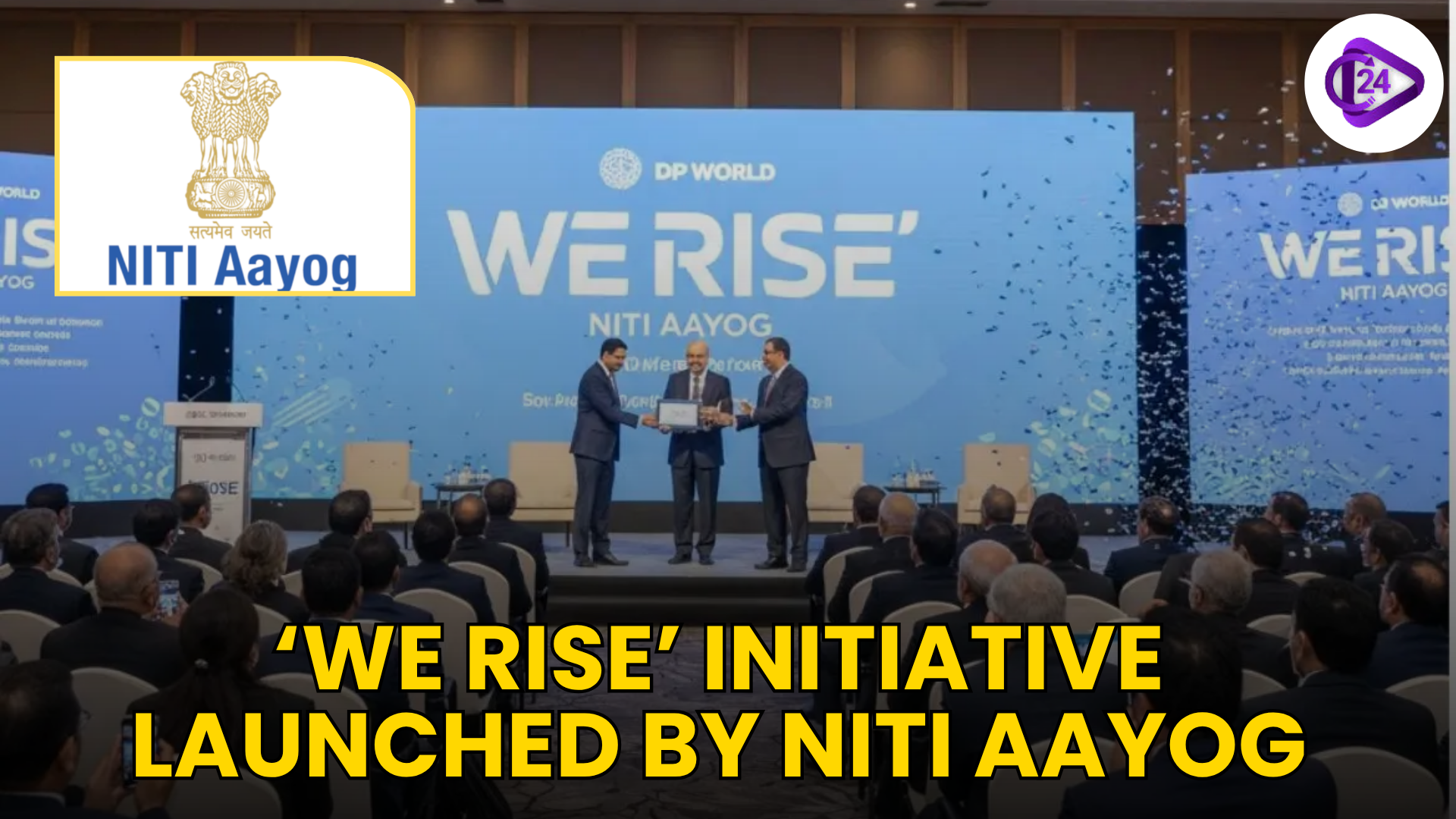 NITI Aayog’s ‘We Rise’ Empowers Women Entrepreneurs
NITI Aayog’s ‘We Rise’ Empowers Women Entrepreneurs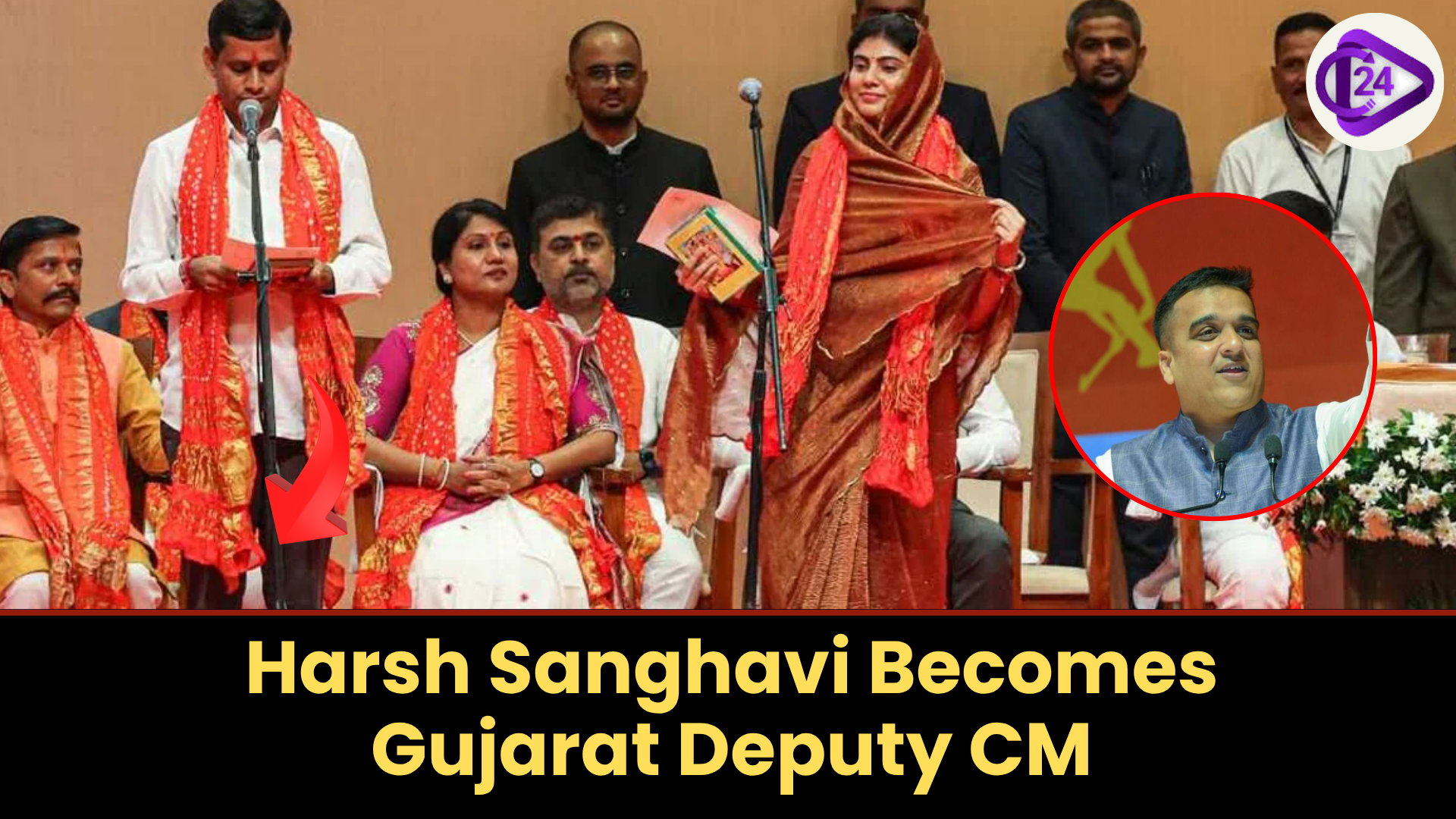 Harsh Sanghavi Appointed Gujarat Deputy Chief Minister in Major Cabinet Reshuffle
Harsh Sanghavi Appointed Gujarat Deputy Chief Minister in Major Cabinet Reshuffle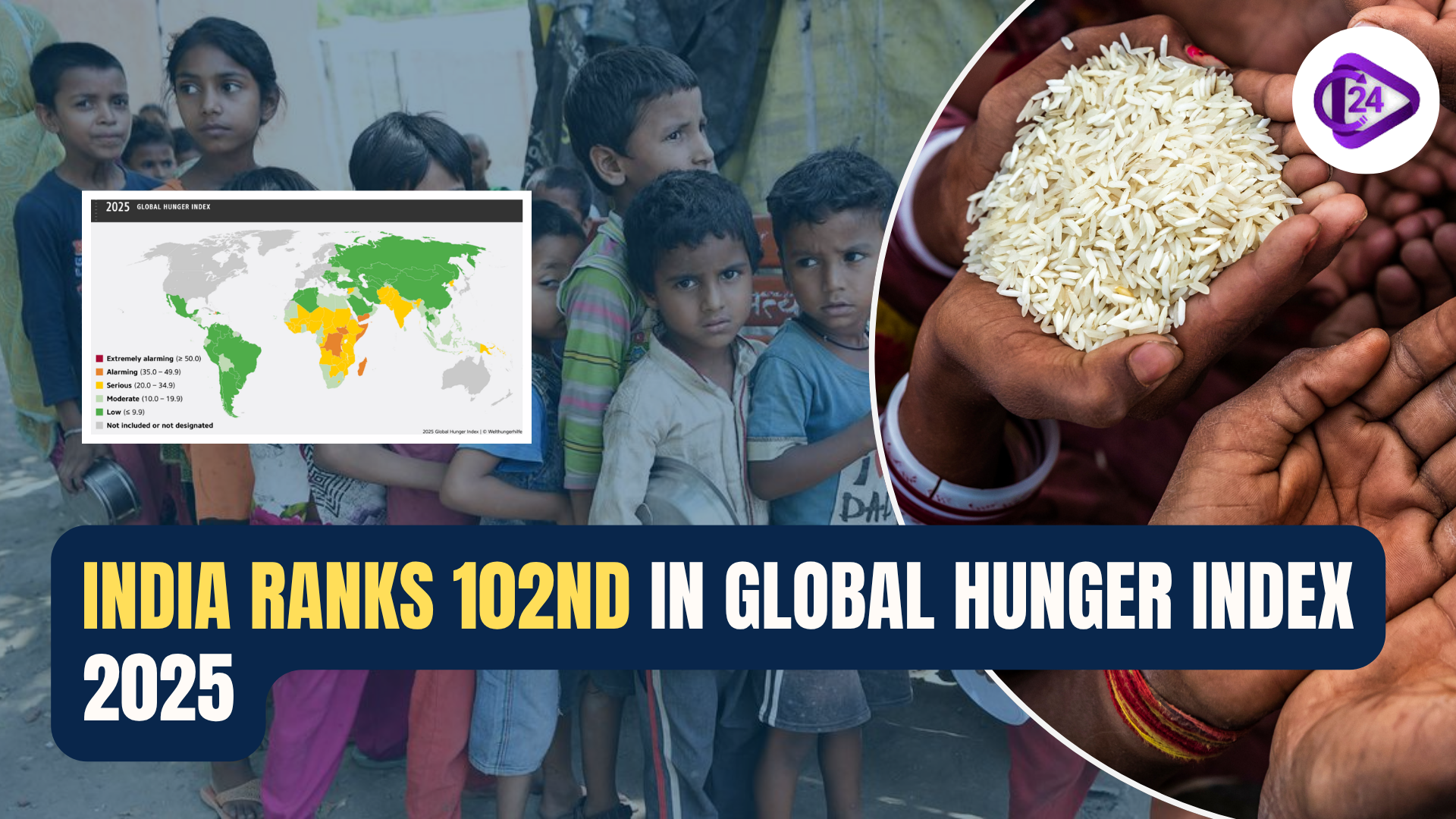 India Ranks 102nd in Global Hunger Index 2025: Hunger Remains a Serious Challenge
India Ranks 102nd in Global Hunger Index 2025: Hunger Remains a Serious Challenge




